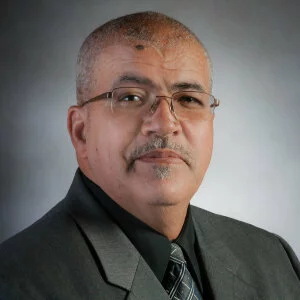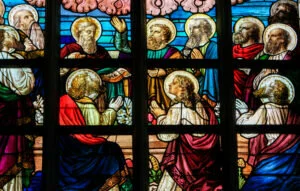Whether one conceives of image-flourishing as best facilitated with an emphasis on individual achievement, or shared achievement within a more collective framework, dangers of abuse reside in both.
Dangers of abuse reside in any attempt to formulate a position in between. No form of government or economic system can guarantee freedom from damage done to image bearers. In my last offering, I suggested that the neglect of the principle “blessed, in order to be a blessing,” presents fertile ground for many types of abuse. Greed that can overcome the individual achiever, as well as the suppression of human vision and abilities for the “sake of the community,” are constant dangers in the functioning of any human community.
Why the dangers? It seems that given enough time, ruling institutions, those noble efforts to alleviate poverty and suffering, all undergo decay. Without awareness of this “downward pull,” that is, the decay of power within the soul to actualize the good, abuses and disillusionment become established as the well-intentioned programs and activities accomplish less than what was initially dreamed. I am not raising the point to discourage attempts to alleviate poverty and suffering. It is more intended to clarify what is needed to have power to maximize both noble intentions and the fulfillment of labor on behalf of others.
A divinely empowered understanding of the human condition can lead to some sustained good in a community.
Augustine, through a divinely informed analysis of the human soul, offers an explanation for such decay in human beings that then facilitates the decay of human institutions:
“The truth is that disordered lust springs from a perverted will; when lust is pandered to, a habit is formed; when habit is not checked, it hardens into compulsion” (Confessions 8.5.10, New City Press).
Like even the most finely crafted engine that comes off the assembly line to be placed in a sleek, sophisticated car, deterioration begins to take place as soon as it leaves the factory. This deterioration can be slowed with proper care, but even then, it is still only a matter of time until it can no longer function. Even in humanity’s best, autonomous efforts to consider and fulfill noble designs, some decay is inevitable. But lest I be charged with a debilitating cynicism, let me express my hope. Some forms of the grace of God are needed to arouse and sustain right motivation and action in the building of human structures. A divinely empowered understanding of the human condition can lead to some sustained good in a community. Without the divine perspective, self-deception can rule whereby that which is considered “good” to a person, or to a group of people, can be truly radical dehumanization. As the prophet Jeremiah writes: “The heart is deceitful above all things, and desperately sick; who can understand it” (Jer 17:9)?
One must be aware of the “downward pull” in order to seek the grace of God in its multiple manifestations. I will engage in subsequent posts the nature and manifestations of this grace.








Comments
Be the first one to make a comment!